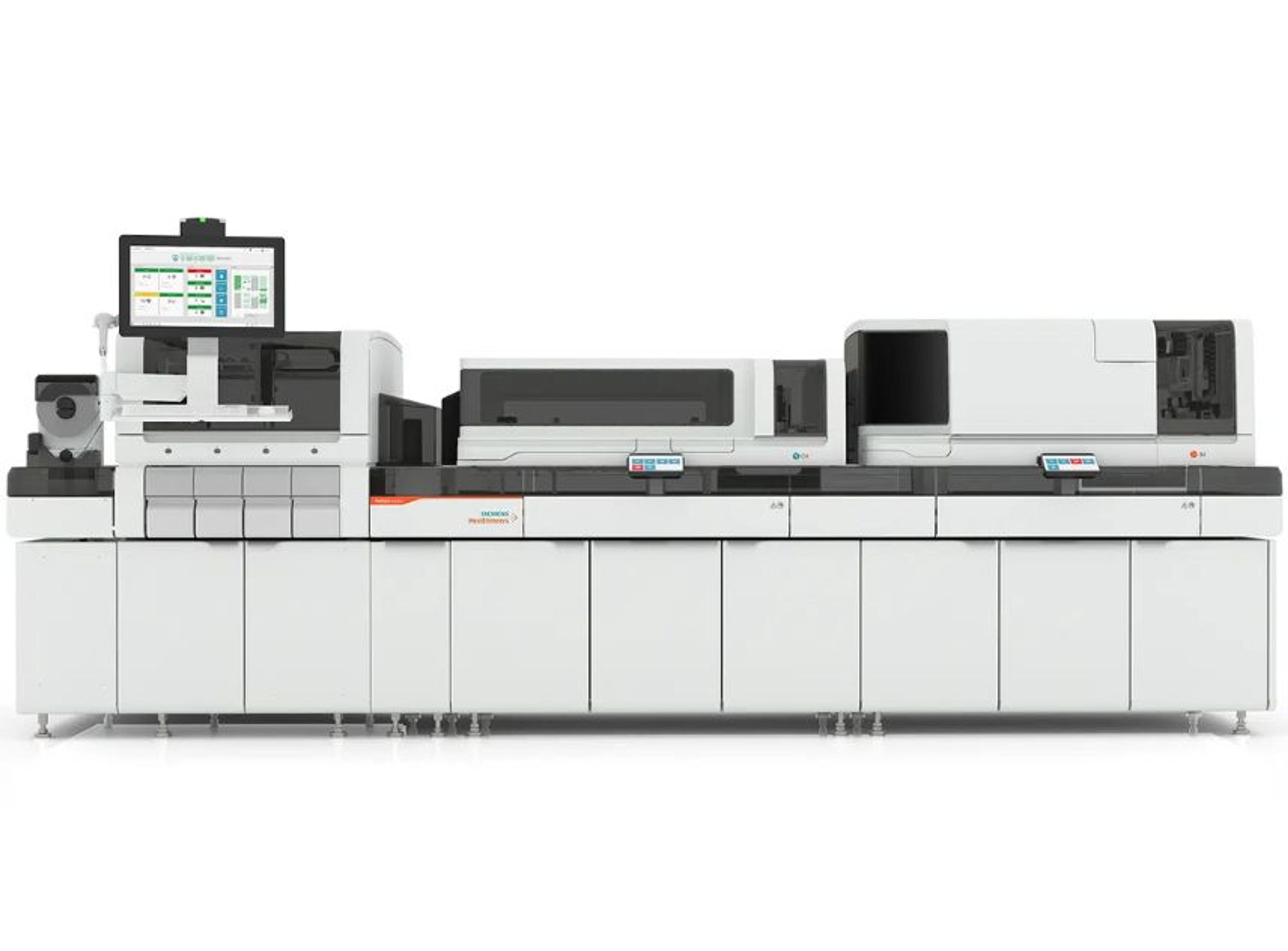Early Adopters Say Atellica Solution Exceeds their Performance Expectations
World-renowned laboratories’ workflow and performance studies succeeded in KPIs such as turnaround time, throughput, hands-on system time, and assay performance
5 Aug 2018Clinical laboratories are challenged to meet greater testing demands, improve efficiency, and deliver reliable, high-quality results, while facing an increasing shortage of skilled employees and growing budget constraints. Recognizing that technology can play a critical role in addressing each of these challenges, Siemens Healthineers brought to market the Atellica® Solution immunoassay and clinical chemistry analyzers for in vitro diagnostic testing. Six early adopters of the Atellica Solution recently reported their respective workflow and performance studies, each of which validate the solution’s ambitious commitments to transform operational efficiency and enhance clinical performance. Their results, in each instance, exceeded key performance indicators that affect workflow—including turnaround time, throughput, operator hands-on time with system maintenance and quality control, as well as assay performance.
The Atellica Solution addresses staffing challenges with innovative features such as automated quality control and calibration, a sophisticated vision system, and intelligent sample management and test scheduling. Tied together by a unique bidirectional magnetic sample transport technology, the features work together and condense the workload for highly skilled operators to help refocus their attention elsewhere in the lab. Less hands-on time for routine tasks maximizes existing resources and reduces the need for additional operators as laboratory operations grow.
Utilizing the onboard maintenance and quality control capabilities, Hospital Clinic Barcelona and LBM Bioesterel of France delivered their typical high-volume throughputs with 60 percent and 73 percent less hands-on time respectively, and staff productivity improvements of 13 percent and 21 percent respectively. Access Medical Labs in Florida, USA experienced similar results, reducing hands-on time from an average of one hour to less than 10 minutes per day.
“The time a technologist needs to keep a system working is very important, and it consumes many hours per day. Tasks such as maintenance, QC and calibration, and reagent loading require a lot of time,” said Dr. José Luis Bedini, Head of the Core Lab Operative Area at Hospital Clínic de Barcelona. “We are always facing challenges to design and develop new tests that we can offer to our patients and to our clinicians. The only way to do this is to relocate resources from the routine lab to the specialist lab, which we are expecting to achieve with the Atellica Solution.”
In a study with more than 300 physicians and lab directors, more than 60 percent of respondents reported that fast turnaround time for IVD testing results has high value to physicians, as the results aid in more than 70 percent of clinical decisions—decisions that can better guide treatments and interventions, reduce the length of hospital stays, and improve patient care.
Institutional protocols contribute to turnaround time, but ultimately the speed at which labs deliver results is determined by the time it takes to process a test. There are times when some assays need to have longer incubation times for optimized performance. Prior to the Atellica Solution, the type of test and mix of tests could impact an analyzer’s entire throughput and capacity to produce results in a given time.
To address this challenge, some laboratories designate analyzers and staff to accommodate those assays that require extended analytical times, or STAT assays that need to be processed as quickly as possible. The Atellica Solution eliminates the need for dedicated specialty analyzers making the entire process—including workflow—more efficient.
“With the management of STAT and routine tubes on the Atellica Solution … the turnaround times for an emergency greatly exceed our expectations. The management of routine samples is not impacted, with a turnaround time that is very much lower than what we provide currently,” reported Dr. Malik Jlaiel, Associate Director of LBM Bioesterel in France.
Independent sample management capabilities, bi-directional Atellica Magline® Transport technology, and dual-ring incubation are helping laboratories to achieve turnaround times from 22 to 53 percent quicker.
“Atellica Solution is able to provide significantly shorter turnaround times, and this facilitates the treatment and appropriate care of patients, compared with the previous situation,” said Dr. Antonio Buño Soto, Head of Laboratory Medicine Department at Hospital Universitario La Paz, one of the largest in Madrid.
The results highlighted in this announcement will be presented during poster presentations at the 70th AACC Annual Scientific Meeting & Clinical Lab Expo in Chicago, Ill. from July 31 to August 2.
For more news from AACC 2018, visit our Special Feature

